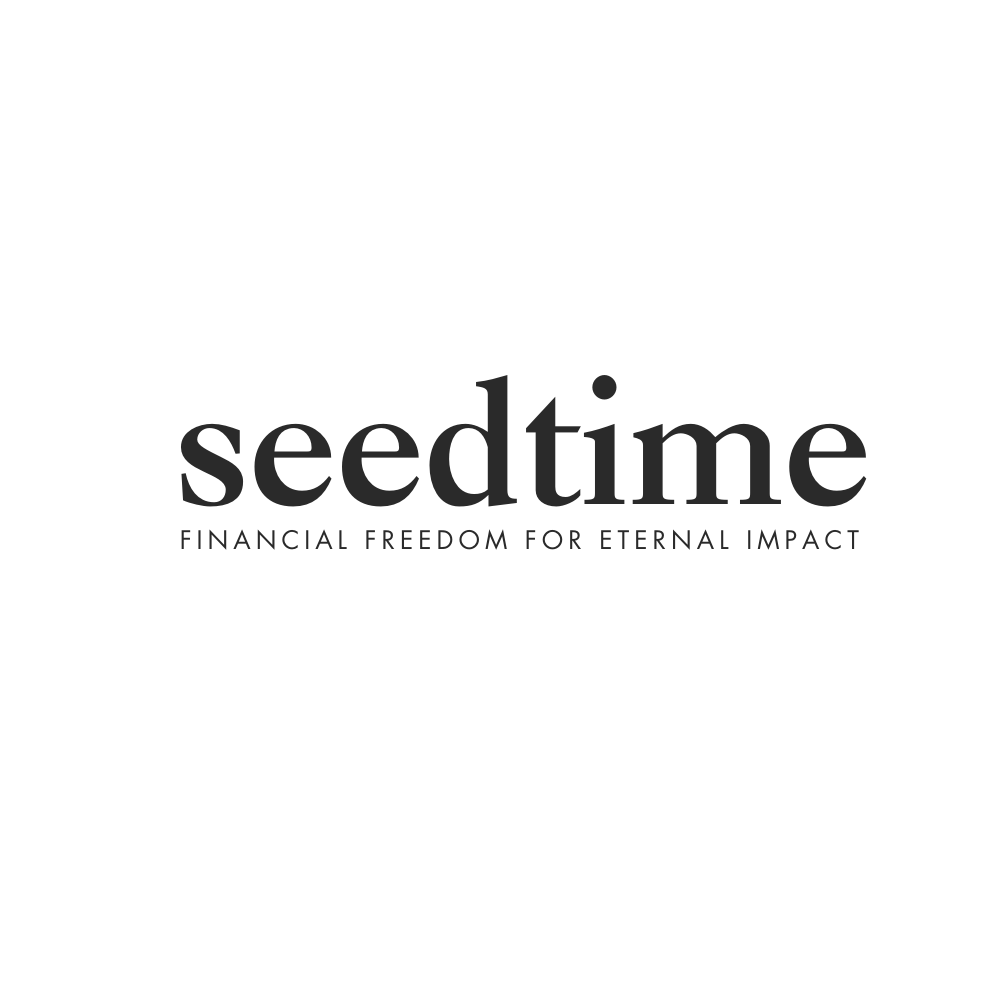There has been a lot of discussion recently about small-cap stocks breaking out from recent ranges and playing catch up to their big brother large caps. Do we think the catch-up trade is on for the small guys? Yes, but we have to focus in the right areas to get the most bang for our small cap-buck. The Federal Reserve has begun to pivot from a hawkish stance on monetary policy to a more dovish stance (in favor of more accommodative policy), which historically has given small-cap stocks a boost as they are more sensitive to changes in interest rates compared to large-cap stocks. Large-cap companies often issue bonds to finance operations, whereas small-cap companies typically rely on bank financing that fluctuates with moves in interest rates. Looking at the first chart of the weekly small cap iShares Russell 2000 ETF (IWM) we see a breakout is potentially brewing at $202 from the sideways range that’s enveloped us for approaching 2 years. Is the breakout from resistance likely and should you consider allocating exposure to this basket of 2000 small capitalization stocks? I think the breakout should occur, but I don’t think we should increase exposure to the Russell 2000 for two reasons. The first is technical and the second is fundamental. First, looking at the weekly Relative Rotation Graph of IWM vs the benchmark S & P 500 we see that small caps tried their best to rotate ‘up and in’ by gaining relative momentum and strength compared to the S & P in December and January. All was going well until mid-February and the wheels came off. Ideally the rotation was going to carry through into the upper-right green quadrant indicating confirmed outperformance relative to the S & P 500. But was rejected as the breakout from the $202 level on the weekly chart has not yet occurred. Fundamentally speaking, should we be rooting for this index to break out and should we be concerned about the fate of the bull market in broader markets if it does not break out? Again, I think the answer is no. There are quite a few companies in the index that are not fundamentally sound. Picking the right small caps I did a deepdive of every company in the Russell 2000 using Ycharts data and here are some stats I found: 43% of the Russell 2000 has negative trailing twelve month EPS vs 6% for the S & P 500. 8.36% of the Russell 2000 has a debt-to-asset ratio of above 60% vs the S & P 500’s reading of 1.79% Further, a significant amount of small cap companies have floating rate debt that will be refinanced in the next 5 years. If the Fed is unable to lower interests those companies will be forced to refinance at higher rates. Many of the S & P 500 companies are carrying fixed-rate debt. So again, my answer is no. I don’t want unprofitable fundamentally compromised companies to participate in this rally because that would create an ‘everything is going up’ environment that is symptomatic of a bubble. I’m not saying we shun small caps all together and continue to focus on the large caps. We need to focus on fundamentally sound small cap companies and we can do so through the Pacer US Small Cap Cash Cows 100 ETF (CALF) . This ETF includes small cap companies with the highest free cash flow yields. Looking at the ‘CALF’ weekly chart we see a different picture altogether. This chart has already broken the 2-year range, is currently consolidating around $48.50 and looking to embark on the next leg higher. To give you some perspective of what this ETF has done since inception you can see it’s actually kept pace with the S & P 500 while far exceeding the performance of Russell 2000 ETF. Drilling down even further into the holdings of the CALF ETF there is one name that I would like to bring to your attention: Powell Industries (POWL) . This is a $1.7 billion market cap industrial name. We hold a 1% allocation of this stock in our growth portfolio at Inside Edge Capital and on this pullback highlighted on the daily chart I will look to increase my position size. The company beat earnings on the top and bottom line last quarter, increased their dividend, and provided strong guidance going forward. DISCLOSURES: Gordon owns POWL in his wealth management company Inside Edge Capital Management, LLC. THE ABOVE CONTENT IS SUBJECT TO OUR TERMS AND CONDITIONS AND PRIVACY POLICY . THIS CONTENT IS PROVIDED FOR INFORMATIONAL PURPOSES ONLY AND DOES NOT CONSITUTE FINANCIAL, INVESTMENT, TAX OR LEGAL ADVICE OR A RECOMMENDATION TO BUY ANY SECURITY OR OTHER FINANCIAL ASSET. THE CONTENT IS GENERAL IN NATURE AND DOES NOT REFLECT ANY INDIVIDUAL’S UNIQUE PERSONAL CIRCUMSTANCES. THE ABOVE CONTENT MIGHT NOT BE SUITABLE FOR YOUR PARTICULAR CIRCUMSTANCES. BEFORE MAKING ANY FINANCIAL DECISIONS, YOU SHOULD STRONGLY CONSIDER SEEKING ADVICE FROM YOUR OWN FINANCIAL OR INVESTMENT ADVISOR. Click here for the full disclaimer.
This website uses cookies so that we can provide you with the best user experience possible. Cookie information is stored in your browser and performs functions such as recognising you when you return to our website and helping our team to understand which sections of the website you find most interesting and useful.





















Discussion about this post